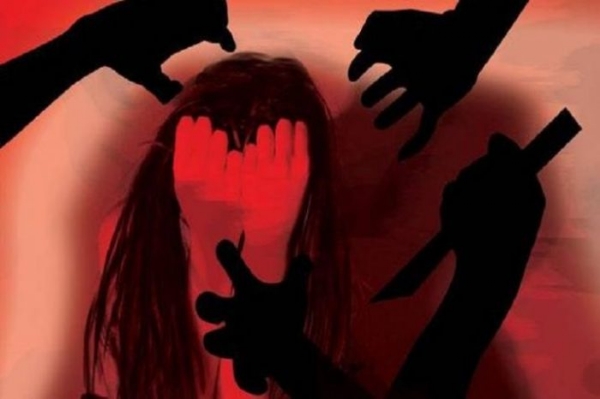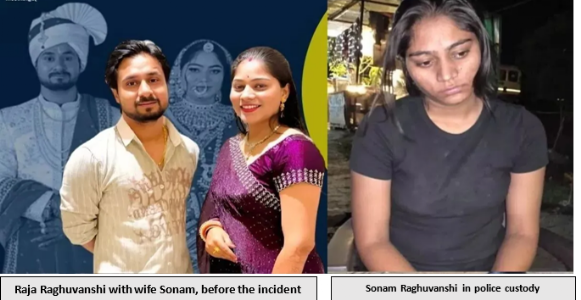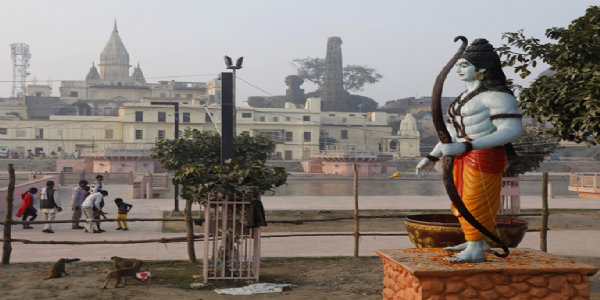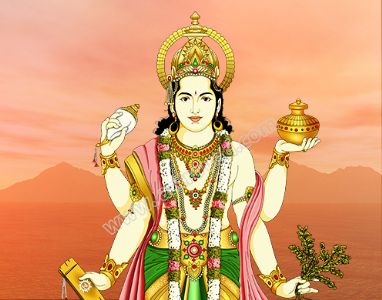Goa Gangrape
Total Views | 219
- Adv Gautam Jha and Adv Pankaj Singh
The Chief Minister of Goa, Shri Pramod Sawant, recently made a statement on the floor of Goa Assembly that “Ten people went to a party on the beach of which six went home and four stayed back all night — two boys and two girls. They are 14-year-old children. Parents in Goa should also think about this. They also need to take care. You cannot blame only the government and police. If 14-15 years old stay on the beach all night, we need to think about this. Parents are also responsible.” He was reacting in response to the calling attention motion given by the Opposition leaders in the Assembly, which was in relation to the gangrape of 2 minor girls on the Benaulim beach in Goa on July 25.

The remark drew angry political reactions and opposition leaders latched on to it, criticising him both for his statement and for the failing law and order situation in the State. Subsequently, a clarification was issued by the Chief Minister wherein he stated “My statement about the unfortunate incident was taken out of context.” “Both - as the head of a responsible government and as a father of a 14 year old daughter, I was deeply pained and disturbed. The pain of this incident is inexplicable…..Goa police has been a truly professional force especially when it comes to security of women and children. They have already acted swiftly and arrested the accused, and let me assure you that I shall ensure that the culprits get the most stringent punishment under the law…..Safety of children especially the minor ones has to be a shared responsibility. He concluded by saying that citizens’ Right to security has to be strengthened further with more cautiousness. Children, especially minors, need guidance of their elders. Incidentally, all the four accused persons who were allegedly involved in the gangrape have been arrested and the legal proceedings have been set in motion.
Rape statistics tell us, unfortunately, that this incident will not be the last one and the (future) reactions (in case of another similar incident) will also be on the same lines, though, depending on place and context, its extent and intensity may vary. However, this article is not essentially about the Goa incident or to discuss about the rape incidents, or the consequences- social & legal- of the same. Today, we are going to examine a related, complex & sensitive issue. Even though the CM Shri Pramod Sawant, has clarified his statement on the gangrape of 2 minor girls, and the Police has arrested the culprits, the point made by Shri Sawant with regard to the responsibility of the parents merits a discussion, to see as a matter of principle, whether what he said ought to have been examined and understood, or just criticised and misinterpreted in a routine manner, as it was done.
Essentially, what was stated by the CM, was that the parents had an equal role and responsibility in ensuring the safety of children, especially the minor ones, along with the State. The criticism he has faced for this statement has been vicious and unqualified. None of the statement stated or meant that “’while what he said may be right”, but it is the failure of the law & order machinery in the State. All reactions put the entirety of the blame on the State machinery and the Police. That begets the question to our mind: first, what is the extent of a parent’s/guardian’s role in the upbringing of a child; second, is it possible for the State & law and order machinery to pre-empt and prevent each and every incident of crime, in the entire country.
Hon’ble Supreme Court of India in the case of Lakshmikant Pandey vs. Union of India, (1984) 2 SCC 244, speaking through Justice P. N. Bhagwati, explained and elaborated the role of Parents for the welfare of a child in the following words:
““.....Now obviously children need special protection because of their tender age and physique mental immaturity and incapacity to look-after themselves. That is why there is a growing realisation in every part of the globe that children must be brought up in an atmosphere of love and affection and under the tender care and attention of parents so that they may be able to attain full emotional, intellectual and spiritual stability and maturity and acquire self-confidence and self-respect and a balanced view of life with full appreciation and realisation of the role which they have to play in the nation building process without which the nation cannot develop and attain real prosperity because a large segment of the society would then be left out of the developmental process.....””
Asking these questions publicly, as mentioned in paragraph above, may sound insensitive or politically incorrect. But, in our considered view, we feel, it is neither. Criticising a genuine call of the CM to the parents to be more vigilant about the safety of their children, can easily be dismissed in the manner it has been done. But today BJP is in power, tomorrow Congress or some other party may be in power, and whichever party is in opposition will make a hue and cry about these incidents, taking us nowhere.
Public outrage is not the answer ‘always’. Reflecting about issues at times can give us a better way out to deal with situations. Coming back to Goa incident, it is no body’s case that public places should become a den of crime or that criminal should have a field day or that the Police should not be held accountable. But, by allowing a child of 14 years (we are presuming that the parents had given permission to the girls to go out), without parental control, in the middle of night, on a beach, were the parents acting responsibly? Could the incidents have been averted, had the parents simply ensured that either the children, considering their age, did not go out in the middle of night to beach, and if at all they did, they were going out in a setting that was safe and protected? Do we, can we and should we, throw caution and precaution out of window, in all aspects of life, and not just in relation to physical crimes, and then turn towards the State to blame it. We also feel that while it ideal and desirable that State must protect us all from every single incident of crime, that situation of ‘Ram Rajya” is almost impossible to achieve. Deteriorating law & order is always a handy tool to attack and weak point to defend.
The issue can be further exemplified. When it comes to the matter of punishing Juveniles for committing heinous crimes, people take the defence that he/she cannot be punished like an adult since he/she has not attained an age where they can fully appreciate the consequence of their actions, and therefore, they must get a chance to reform. Agreed. How then, the same set of people accept a 14 year old child going out in the middle of night to the beach, when the child may not be in a position to appreciate the consequences of its actions, the risks involved and may not even have the ability to deal with such situations.
Where does that leave the role of the State? Should the State not protect it’s citizens, and particularly the more vulnerable sections? Of-course it has to, and it must. Should the Governments be criticised, and in extreme case even be changed for failing to protect the law and order? By all means. But this cyclic game does not provide an answer to the more fundamental issue of parental role in child’s protection. We feel, parents have a higher stake in the well being of their children and therefore, they must have a greater role in ensuring safety and security of their children, at least from ‘foreseeable problems”. Even the Hon’ble Supreme Court Of India has acknowledged this including in the case of Lakshmikant Pandey. In case of loss, we can only punish the guilty, but it won’t bring our child back, or reverse the harm done to it. Till we attain Ram Rajya, each parent must become their child’s Ram & Sita.
(Gautam Jha is an Advocate On Record, practising before the Supreme Court Of India. Pankaj Kumar is Former Expert On Mission to the United Nations High Commissioner For The Refugees and Advocate, Supreme Court Of India.)
.
.



